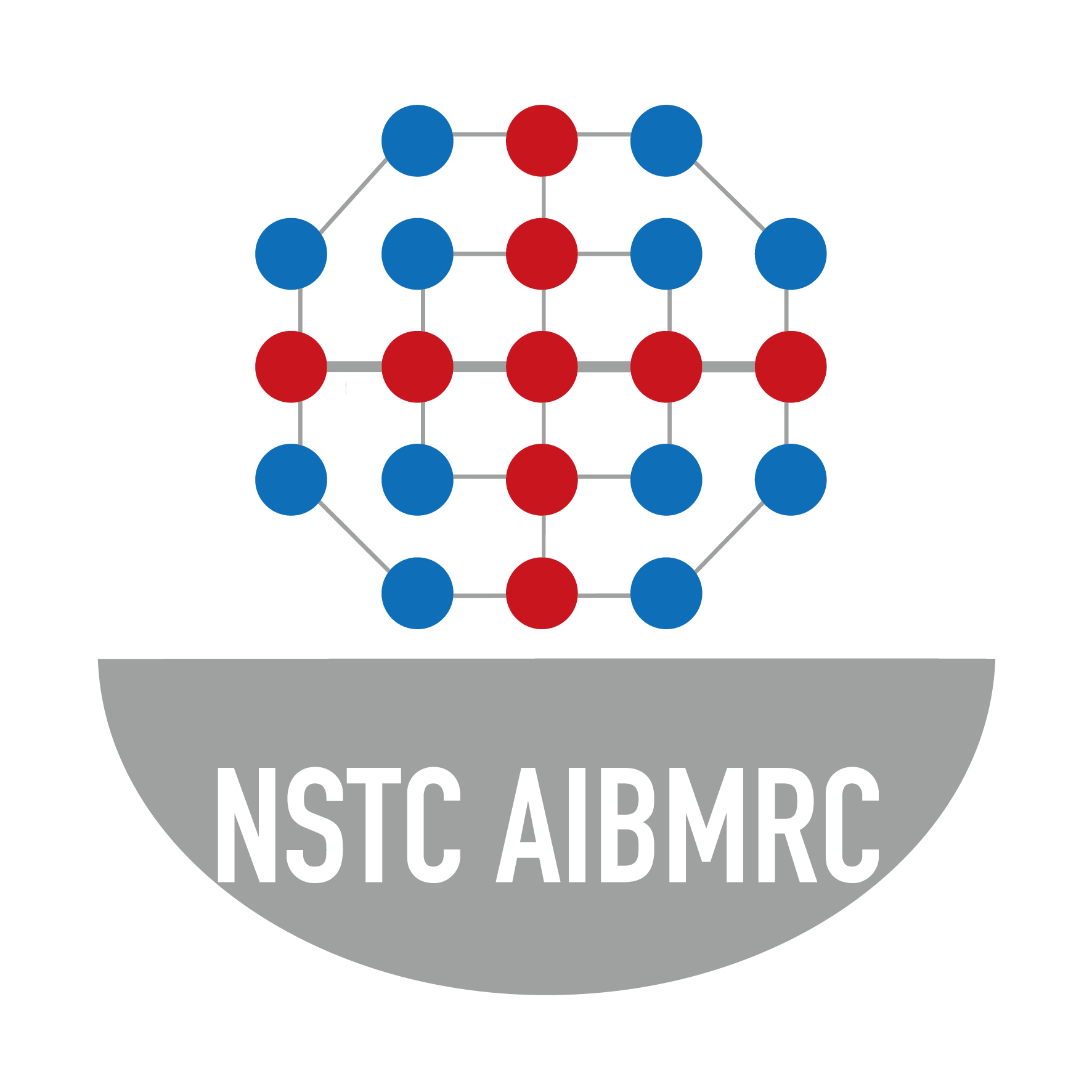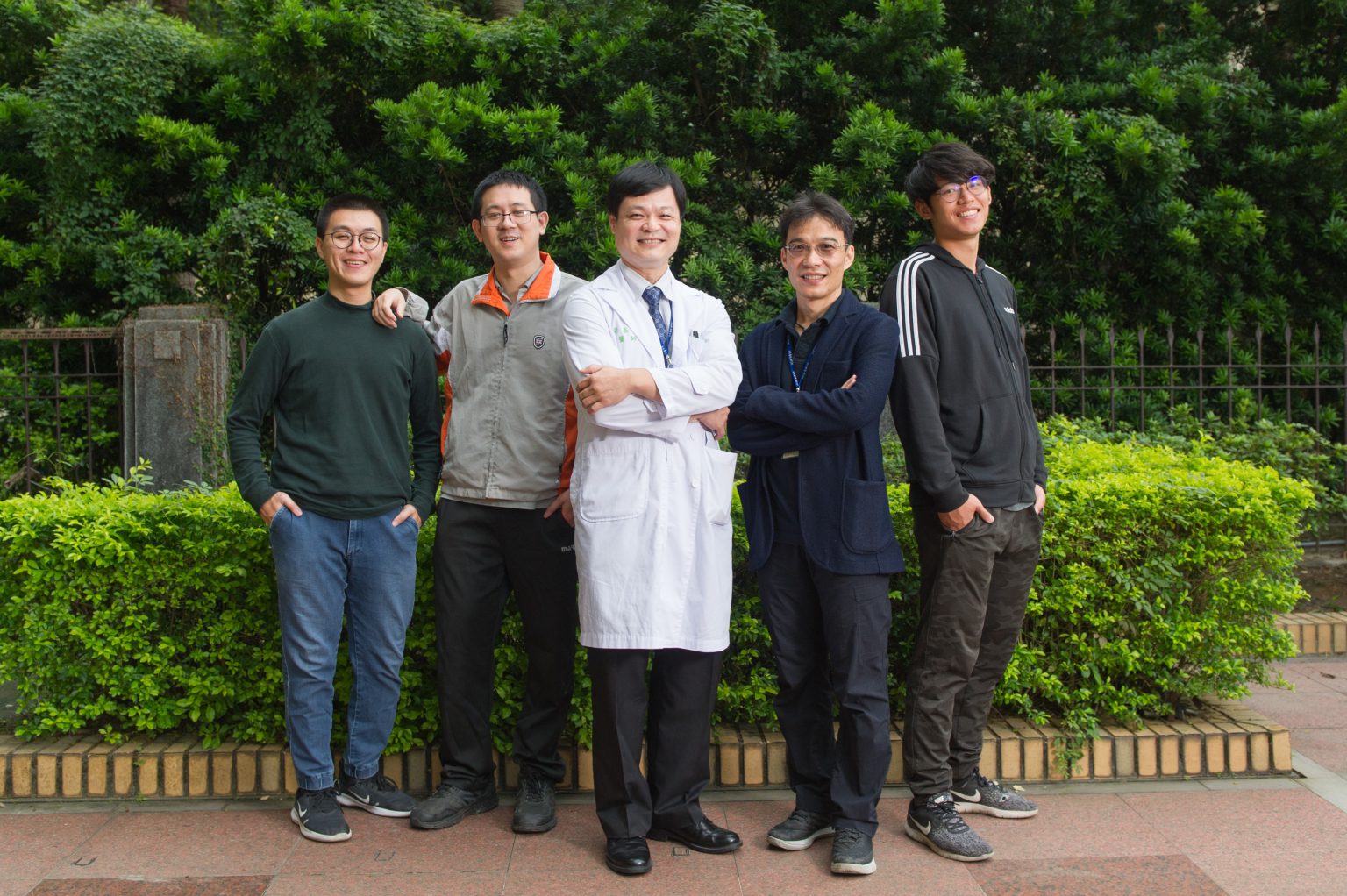
Artificial intelligence assisted prediction system of Hepatocellular carcinoma treatment efficacy and post treatment recurrence
Principal Investigator | Ja-Der Liang, Doctor
Division of Gastroenterology,
Dept. Internal Medicine, NTUH
Co-Principal Investigator |
CF Chou, Professor
ME Dept, NTU
Yao-Ming Wu, Associate Professor
Dept. Surgery, NTUH
Project Intro
With the advancement of science and technology, hardware such as GPUs are changing with each passing day, and the application of artificial intelligence is becoming more and more widespread. In recent years, the application of artificial intelligence in medical diagnosis is worthy of study. In the past literature, artificial intelligence has yielded considerable results in predicting the survival rate of liver cancer patients. In the past research, we also used the Support Vector Machine (SVM) to predict the recurrence of liver cancer after receiving radiofrequency ablation (RFA) treatment, and there are considerable results. However, at that time, we only analyzed the data of limited cases with tumor size less than three centimeters within one year after treatment, and did not include medical imaging and other information, such as pathologic parameters. Therefore, in the future years, we hope to build a more complete database based on past research results, including tracking information with longer follow up datas, larger tumor size and with different treatment modalities , and use artificial intelligence and data in combination with medical images such as CT, MRI and US. Analyze the algorithm, establish a recurrence prediction module for the data in the database, and integrate the module in the third year to develop a liver cancer treatment tracking and postoperative recurrence prediction system.
With the advancement of science and technology, hardware such as GPUs are changing with each passing day, and the application of artificial intelligence is becoming more and more widespread. In recent years, the application of artificial intelligence in medical diagnosis is worthy of study. In the past literature, artificial intelligence has yielded considerable results in predicting the survival rate of liver cancer patients. In the past research, we also used the Support Vector Machine (SVM) to predict the recurrence of liver cancer after receiving radiofrequency ablation (RFA) treatment, and there are considerable results. However, at that time, we only analyzed the data of limited cases with tumor size less than three centimeters within one year after treatment, and did not include medical imaging and other information, such as pathologic parameters. Therefore, in the future years, we hope to build a more complete database based on past research results, including tracking information with longer follow up datas, larger tumor size and with different treatment modalities , and use artificial intelligence and data in combination with medical images such as CT, MRI and US. Analyze the algorithm, establish a recurrence prediction module for the data in the database, and integrate the module in the third year to develop a liver cancer treatment tracking and postoperative recurrence prediction system.
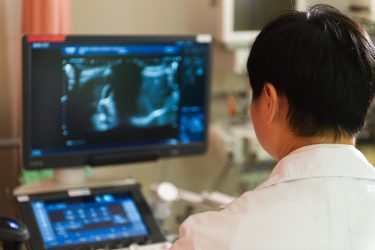
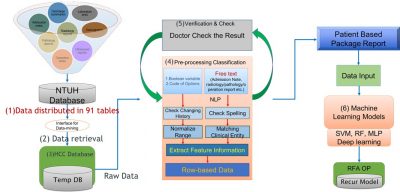
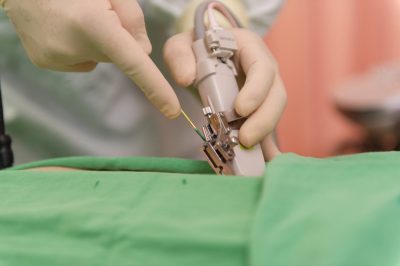
System Capabilities
- Predict if cancer will recur within one year post surgery using post-operative reports and data
- Extract relevant wording from written reports that have structured features in order to create a database
Contact info
Tel :02-23123456 #66551
Mail:jdliangntu@ntu.edu.tw
Tel :02-23123456 #66551
Mail:jdliangntu@ntu.edu.tw
